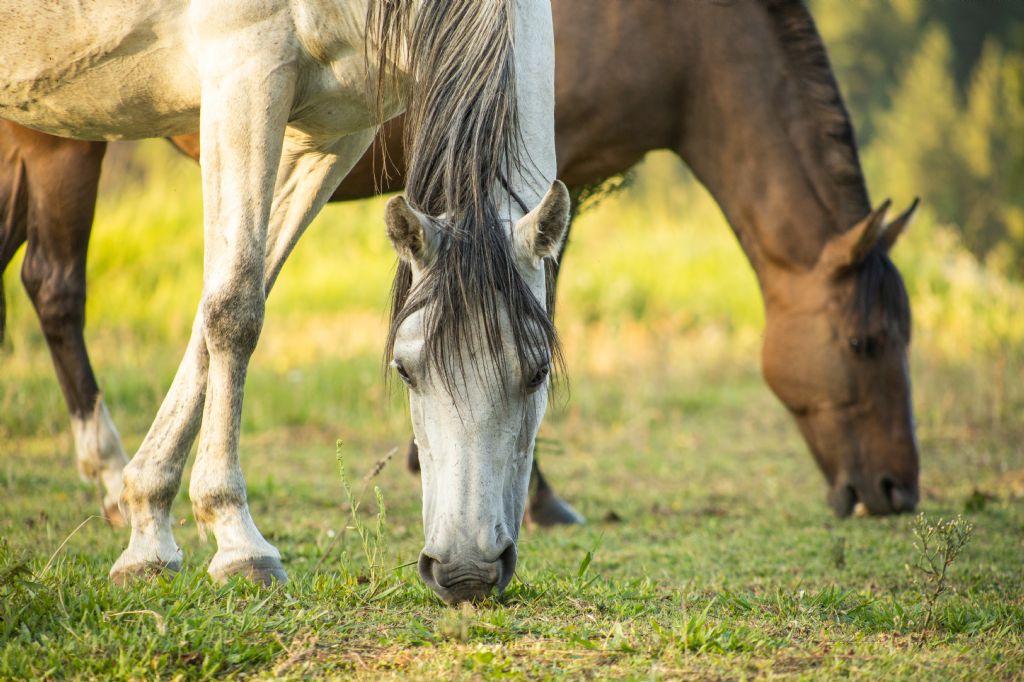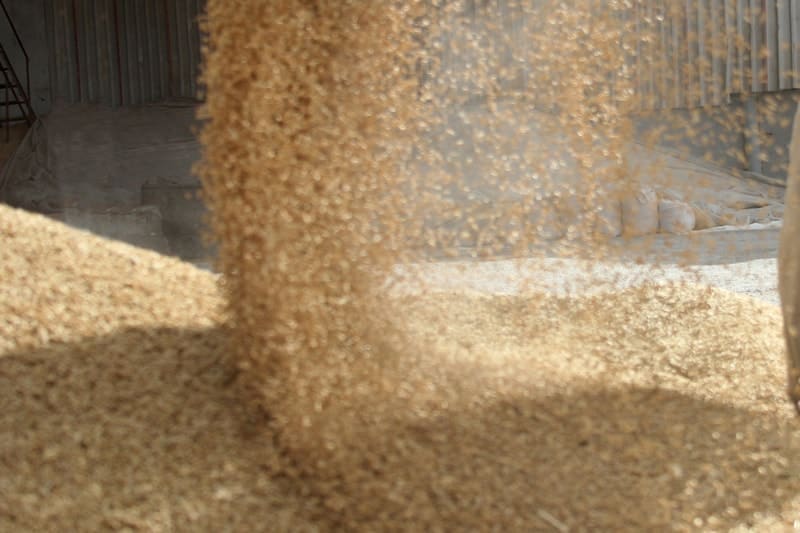Bluegrass News
Seasonal Feeding Adjustments: Addressing Climate Challenges for Horses
As the seasons change, so do the nutritional needs of our equine companions. Climate challenges can impact a horse's metabolism, digestion, and overall well-being. Equine nutritionists understand the importance of making seasonal feeding adjustments to support optimal health. In this blog post, we will explore the impact of climate on horses' nutritional requirements and provide valuable insights on how to adjust their diet accordingly.
-
Cold Weather Considerations: During cold weather, horses need additional calories to maintain their body temperature and stay warm. Consider increasing their forage intake, as the fermentation process produces heat during digestion. Offering warm soaked feeds or adding calorie-dense supplements can help meet their increased energy requirements while supporting their overall well-being.
-
Hydration in Hot Weather: Hot weather poses the risk of dehydration for horses, which can negatively impact their overall health and performance. Ensure that horses have access to clean, fresh water at all times, and consider adding electrolytes to their diet to replace minerals lost through sweat. Soaking feeds or providing wet mash can also help increase hydration levels.
-
Managing Pasture Quality: Pasture quality varies throughout the year, and horses may have limited access to fresh forage during certain seasons. Monitor the nutritional value of the available pasture and consider supplementing with hay or high-quality forage to ensure horses receive adequate nutrients. Adjust the quantity and type of supplemental feeds based on the quality of the grazing.
-
Electrolyte Balance: Electrolyte imbalances can occur during extreme temperatures, leading to issues like muscle cramps or fatigue. Incorporate electrolyte supplementation during periods of increased sweating or when horses are working in hot and humid conditions. Consult with an equine nutritionist to determine the appropriate electrolyte supplementation regimen for your horse.
-
Adjusting Concentrate Feeds: Review the concentrate feeds you provide to ensure they meet your horse's seasonal requirements. Consider adjusting the energy sources based on the climate, such as providing more fibre-based feeds in colder weather and switching to lower-starch options during hot months to minimize the risk of digestive issues. Consult with an equine nutritionist to determine the best options for your horse.
-
Regular Evaluation and Consultation: Monitor your horse's body condition, energy levels, and overall health throughout the seasons. Periodically consult with an equine nutritionist or veterinarian to assess the effectiveness of your feeding program and make necessary adjustments based on your horse's individual needs and changing climate conditions.
-
Conclusion: Addressing seasonal challenges through appropriate feeding adjustments is crucial for maintaining the health and well-being of horses. By considering the specific climate challenges, adjusting forage and concentrate feeds, promoting hydration, and seeking professional advice when needed, you can support your horse's nutritional requirements throughout the year. Remember to monitor their condition, adapt as necessary, and provide a well-balanced diet that meets their individual needs, enabling them to thrive in any season.
Key SEO Keywords: seasonal feeding adjustments, climate challenges, equine nutritionist, nutritional requirements, optimal health
Key SEO Keywords: seasonal feeding adjustments, climate challenges, equine nutritionist, nutritional requirements, optimal health
Key SEO Keywords: cold weather feeding, additional calories, forage intake, digestion, energy requirements, equine well-being, Turmash
Key SEO Keywords: pasture management, seasonal forage quality, hay supplementation, high-quality forage, supplemental feeds, grazing adjustments
Key SEO Keywords: electrolyte balance, extreme temperatures, muscle cramps, fatigue, electrolyte supplementation, equine nutritionist
Key SEO Keywords: concentrate feed adjustments, energy sources, fibre-based feeds, lower-starch options, digestive issues, equine nutritionist
Key SEO Keywords: feeding program evaluation, body condition monitoring, individual horse needs, changing climate conditions, equine nutritionist, veterinarian












